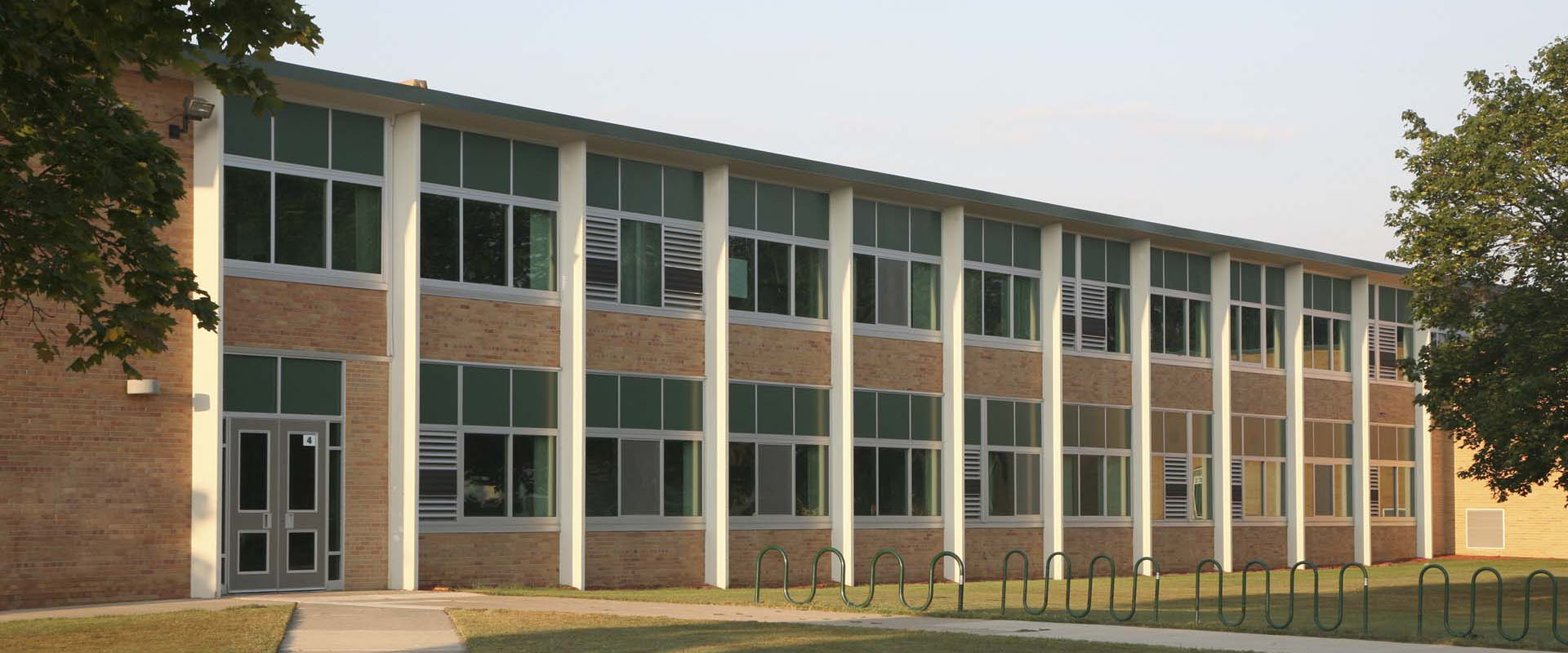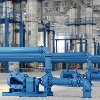Planning For Your Summer Projects

March 2012
Number 12
Spring is in the air, and now is the time for planning your summer construction projects. As such, we would like to remind you about two significant changes in the law on public works projects for 2012: the cap on retention and the new prevailing wage compliance monitoring requirements.
Retention Cap
The first significant change is a new cap on the amount of retention withheld from progress payments on a public works project. Senate Bill (SB) 293 enacted a new statute, Public Contract Code section 7201, which provides that for contracts entered into after January 1, 2012, a public entity cannot withhold more than 5% of progress payments as retention. However, the new statute also provides that the public agency may withhold more than 5% on specific projects where the governing body of the public entity or designee finds that the project is "substantially complex" and therefore requires a higher retention amount. These findings must be made during a properly noticed and regularly scheduled public hearing prior to the bid. The findings and the higher retention amount must be included in the bid documents.
New Labor Compliance Requirements
Effective January 1, 2012, new Department of Industrial Relations (DIR) regulations established a Compliance Monitoring Unit (CMU) within the DIR to oversee compliance with labor laws such as prevailing wage requirements. The CMU takes the place of third party Labor Compliance Programs. To finance these activities, the regulations also provide for the collection of a mandatory fee to be imposed on all construction projects financed by any state-issued bond, in addition to certain design-build projects.
Although the new regulations shift primary labor compliance oversight from local public entities to the CMU, public agencies are cautioned not to simply turn a blind eye to a contractor's compliance with prevailing wage requirements. The new CMU regulations do not absolve owners of their existing statutory duties to "take cognizance of violations" and "report any suspected violations" of prevailing wage requirements.
Public agencies are specifically required to do the following on public works projects that are subject to DIR monitoring and enforcement:
It is expected that additional information will be provided by DIR, including specifics regarding CMU services. Lozano Smith will continue to monitor these developments and provide further information when it becomes available.
Lozano Smith's construction documents are now available and have been revised to address these new developments. If you have any questions regarding your public works projects or construction matters in general, please contact one of our eight offices located statewide or consult our website.
Number 12
Spring is in the air, and now is the time for planning your summer construction projects. As such, we would like to remind you about two significant changes in the law on public works projects for 2012: the cap on retention and the new prevailing wage compliance monitoring requirements.
Retention Cap
The first significant change is a new cap on the amount of retention withheld from progress payments on a public works project. Senate Bill (SB) 293 enacted a new statute, Public Contract Code section 7201, which provides that for contracts entered into after January 1, 2012, a public entity cannot withhold more than 5% of progress payments as retention. However, the new statute also provides that the public agency may withhold more than 5% on specific projects where the governing body of the public entity or designee finds that the project is "substantially complex" and therefore requires a higher retention amount. These findings must be made during a properly noticed and regularly scheduled public hearing prior to the bid. The findings and the higher retention amount must be included in the bid documents.
New Labor Compliance Requirements
Effective January 1, 2012, new Department of Industrial Relations (DIR) regulations established a Compliance Monitoring Unit (CMU) within the DIR to oversee compliance with labor laws such as prevailing wage requirements. The CMU takes the place of third party Labor Compliance Programs. To finance these activities, the regulations also provide for the collection of a mandatory fee to be imposed on all construction projects financed by any state-issued bond, in addition to certain design-build projects.
Although the new regulations shift primary labor compliance oversight from local public entities to the CMU, public agencies are cautioned not to simply turn a blind eye to a contractor's compliance with prevailing wage requirements. The new CMU regulations do not absolve owners of their existing statutory duties to "take cognizance of violations" and "report any suspected violations" of prevailing wage requirements.
Public agencies are specifically required to do the following on public works projects that are subject to DIR monitoring and enforcement:
- Include language in the bid invitation and contract that the project is subject to monitoring and enforcement by DIR, including the obligation to submit certified payroll records directly to the CMU.
- Provide notice of the project to DIR using the PWC-100 form. This is required only for projects subject to CMU monitoring (see Cal. Code Regs, tit. 8, § 16451), but DIR encourages awarding bodies to send these notices for all public works projects.
- Follow instructions from the Division of Labor Standards Enforcement (DLSE) to confirm registration of the project in the CMU's electronic certified payroll reporting ("eCPR") system.
- Require contractors and subcontractors to submit certified payroll reports to the CMU at least monthly using the eCPR system.
- Post the physical notice required by California Code of Regulations, title 8, section 16451 (d) at each job site (or require the contractor to post the notice). This notice provides payment information to all workers and informs them that the public works project is subject to monitoring and investigative activities by the CMU.
- Comply with any CMU notices requiring contract payments to be withheld due to a contractor's failure to submit proper certified payroll reports.
- Pay monthly invoices for DIR's monitoring and enforcement services.
- Cooperate with the CMU and DLSE in any investigation of suspected violations and withhold contract payments in accordance with any lawful order by DLSE.
It is expected that additional information will be provided by DIR, including specifics regarding CMU services. Lozano Smith will continue to monitor these developments and provide further information when it becomes available.
Lozano Smith's construction documents are now available and have been revised to address these new developments. If you have any questions regarding your public works projects or construction matters in general, please contact one of our eight offices located statewide or consult our website.
Disclaimer: As the information contained herein is necessarily general, its application to a particular set of facts and circumstances may vary. For this reason, this News Brief does not constitute legal advice. We recommend that you consult with your counsel prior to acting on the information contained herein.






